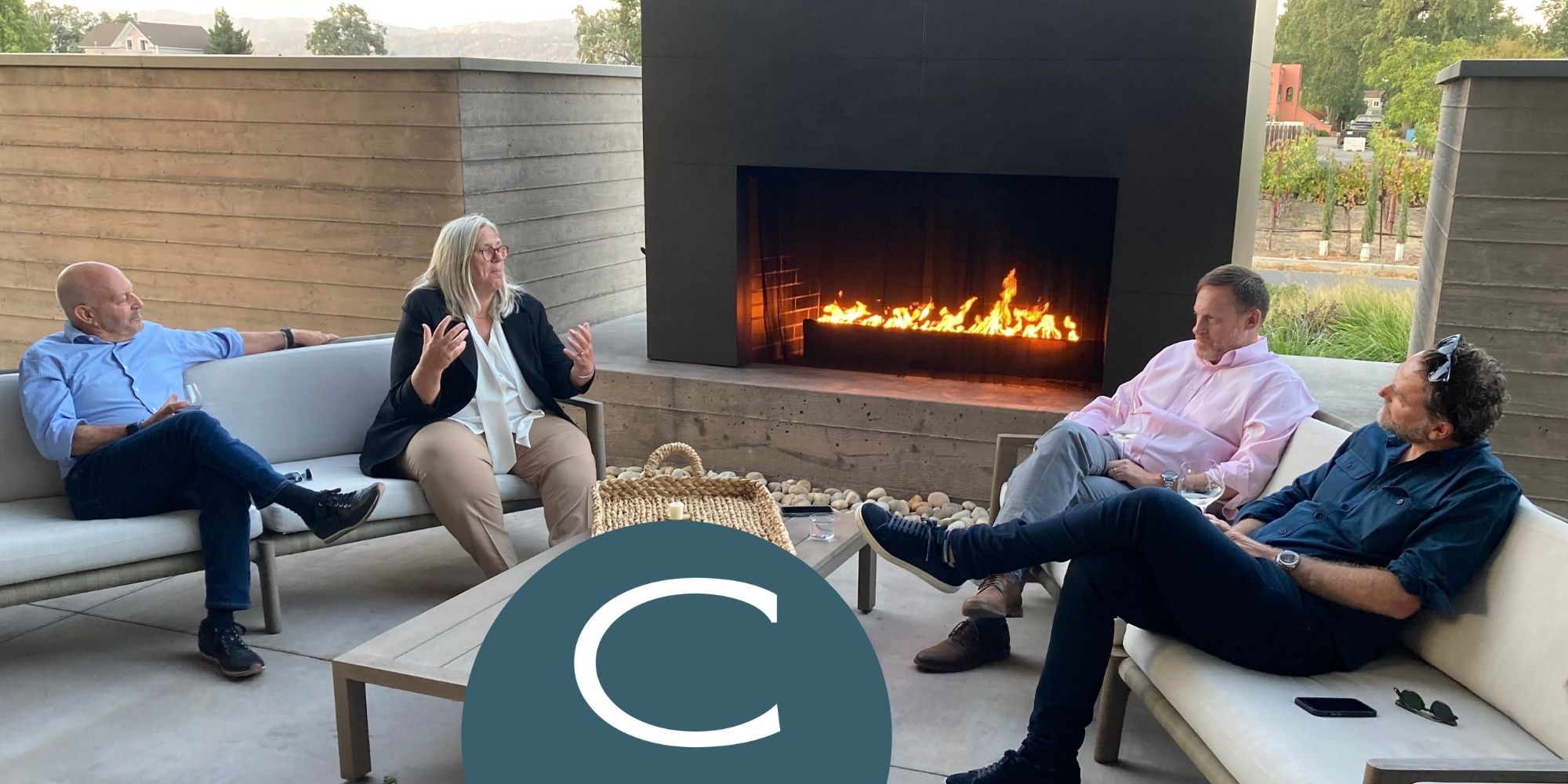Summary of Discussion
In response to the COVID-19 epidemic, the worldwide healthcare enterprise exceeded all of our expectations by delivering a vaccine in record time into the arms of the world. While their all-encompassing responsibility has transcended from response, care, and now vaccine deployment, we owe it to their herculean efforts to ensure a safe, efficient, and secure implementation of any protocols associated with the roll out.
President Biden has already mandated demonstration of negative COVID tests to travel. All of our expert panelists in the fields of security and travel acknowledge that this will soon evolve to a protocol that will mandate proof of vaccination in order to resume travel. In our poll of attendees to the panel, 76% agreed that a vaccination should be mandatory. As Concentric Executive Chairman, Roderick Jones stated, we are entering an “era of health surveillance, whether we like it or not.”
While shot records have been required for travel to certain countries, they haven’t been mandated at the mass scale that will inevitably be required. Additionally, these shot cards have historically been yellow pieces of paper that lack any security protocol. Adhering to HIPAA while also proving required health information for access to travel requires a revolutionary blending of security and personal data.
So, how do we create a “health passport”? All of our panelists concur that the prioritization needs to be on the trust and confidence in that passport. Jason Lim, Program Analyst at TSA, calls it a “self-sovereign identity concept” and a “ecosystem of overlapping trust,” explaining that the individual would ideally be able to provide specific one-time access to requesting parties. Glenn Gonzales, Founder and CEO of JetIt, brought up block chain as a potential solution for the problem of securely validating someone’s vaccine status. A block chain answer could allow for the overlapping trust that Jason pointed out is required in order to simultaneously authenticate identity and vaccination status for travelers. A poll of our attendees showed 53% of participants would only use an app if they trusted the originator. Even in the midst of travel restrictions and an overwhelming eagerness to return to “normalcy,” trust is still the priority for the consumer.
On the day of the panel, BBC released a report on a faux negative COVID test “gang” that had been arrested at Charles de Gaulle airport in Paris. This gang was selling counterfeit certificated for up to $360 and even bore the names of real Parisian medical laboratories. The timely news report validated Roderick’s sentiment: “the minute you create something that allows you access to a place and gives you value, then there are going to be these secondary markets for fraudulent versions of it. Concentric CEO, Mike LeFever, recommended having various complementary verification efforts such as in-person screening or tracing apps to allow for alternate means of debunking fraudulent attempts of verification.
Rick Patterson, CISO at CLEAR, implored the standardization of these efforts, utilizing pre- and post-9/11 examples of travel procedures that either demonstrated the confusion from too many simultaneous efforts or government-initiated successful standards that remain in place today and were adopted on an international scale. 68% of our attendees stated that they think the government should lead and control the effort. Roderick Jones stated not only should the government lead the effort, but the US government, specifically. Glenn Gonzales reminded us that a primary concern is scalability, “The US has the population and the resources to scale appropriately.” Roderick Jones reminded us that whatever protocols are put in place will more than likely not get “rolled back,” similar to how post-9/11 procedures remain in place, such as removing your shoes – a leftover reaction from the Yemeni shoe bomber and similar threats.
Roderick Jones also foresees follow-on implications, however these COVID-19 protocols are implemented and executed. “I think there’s going to be a massive temptation to draw on the full power of surveillance system to make sure we never get here again. I find it hard to believe that the government won’t reach for those tools, and I find it hard to believe that we, as citizens, won’t accept that as a condition to going back to normal life.”
Concentric will continue to pay close attention to the roll out of COVID protocols on behalf of our clients. Our job is to manage risk everywhere to keep you safe, and that requires a holistic approach and constant re-evaluation of vulnerabilities, especially as we all resume our personal and professional travel in the future.






